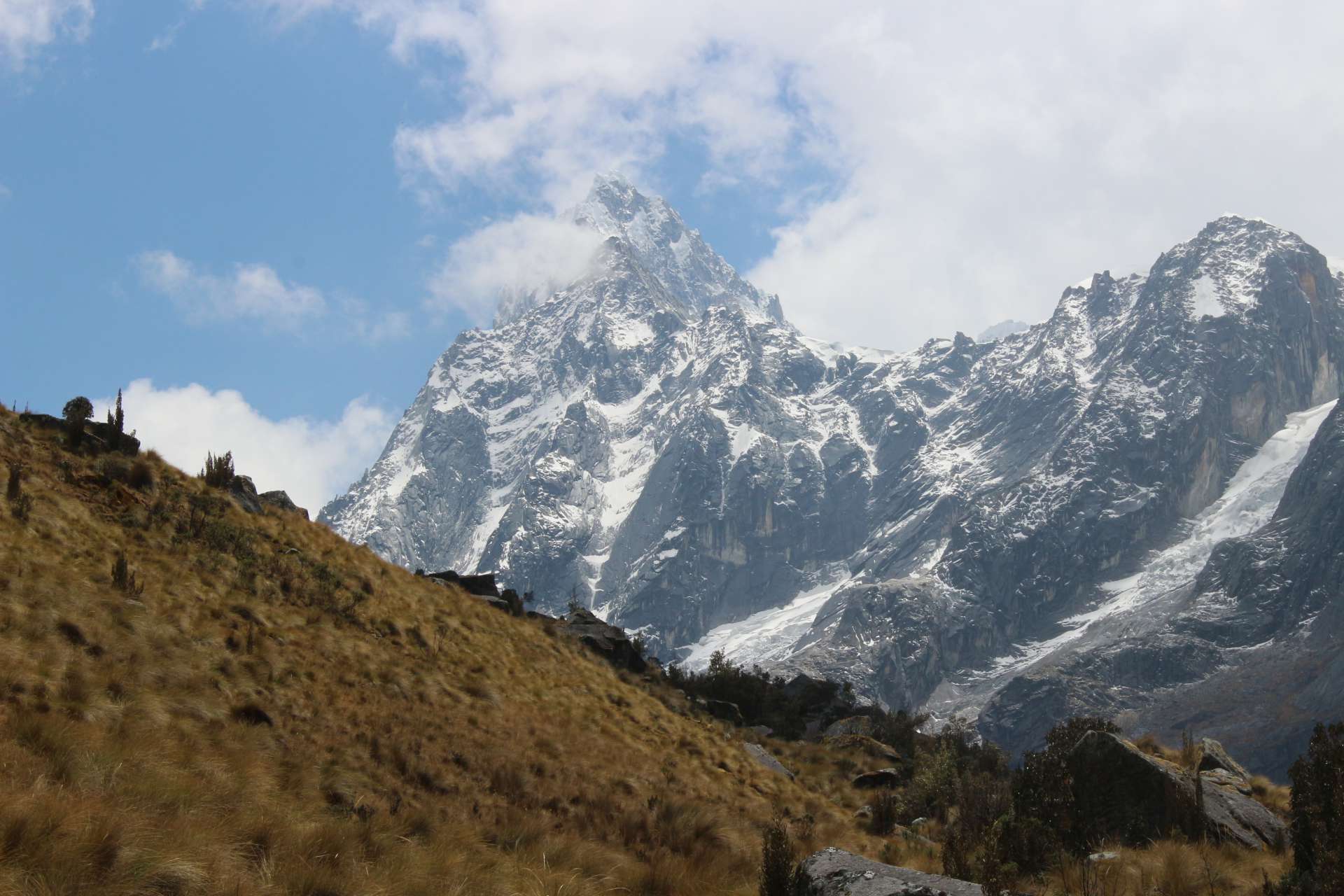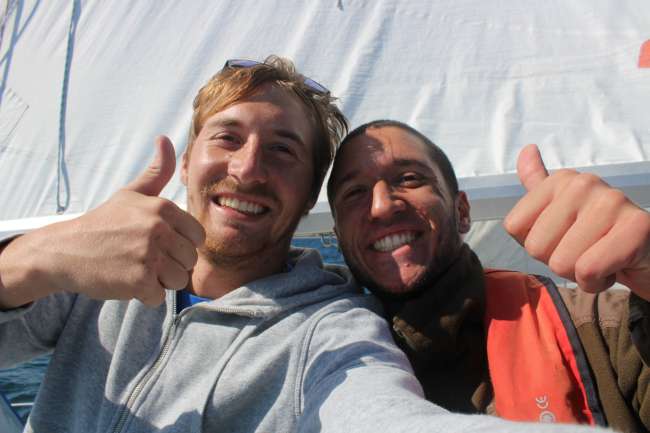Lake Titicaca - Mystical - Picturesque - Beautiful
પ્રકાશિત: 12.01.2017
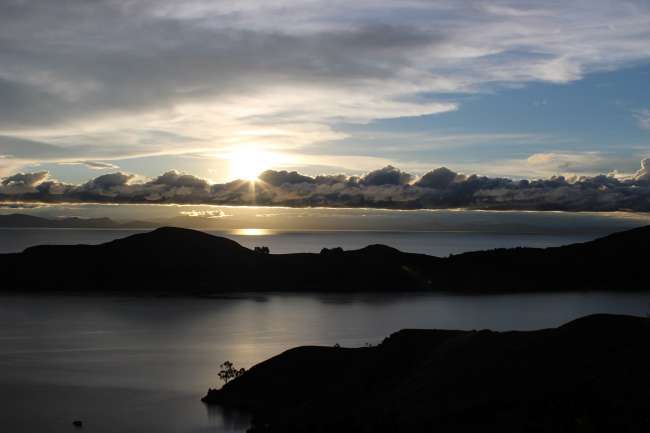
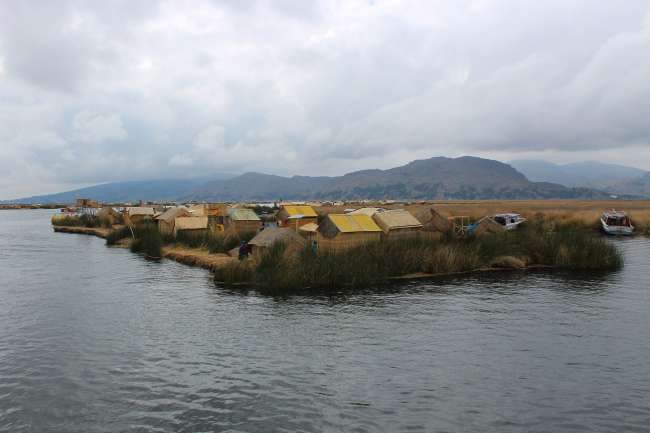
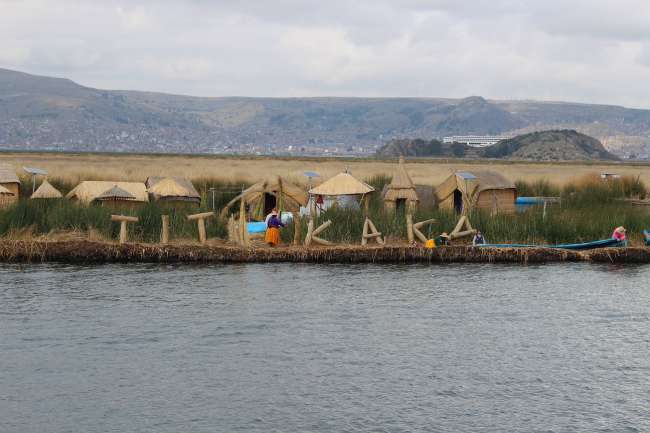
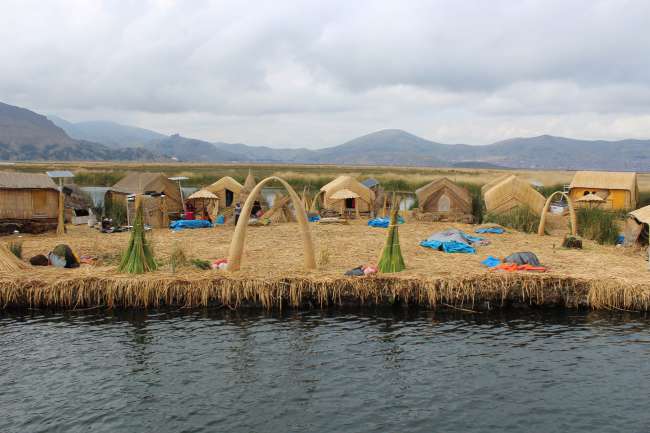
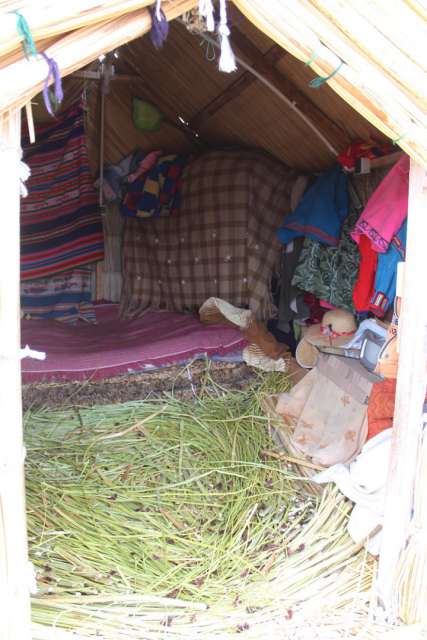
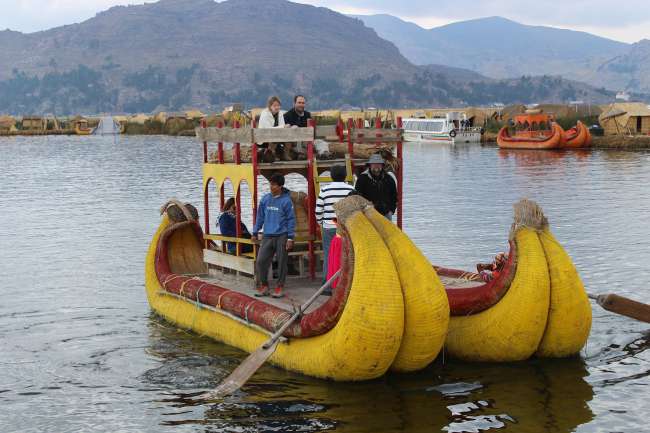
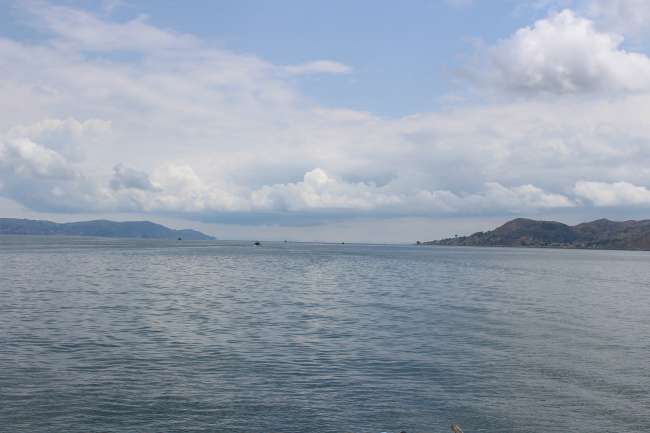
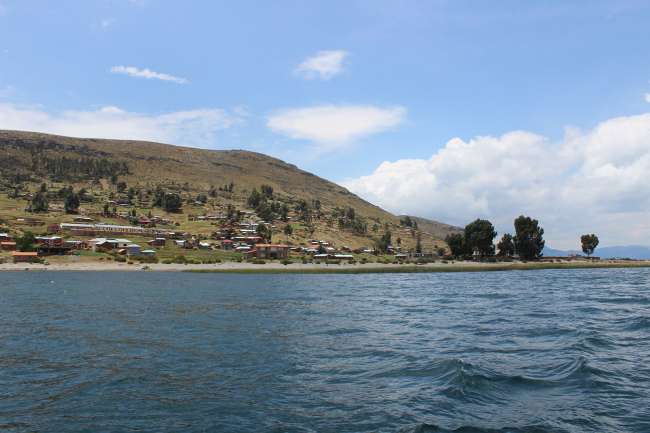
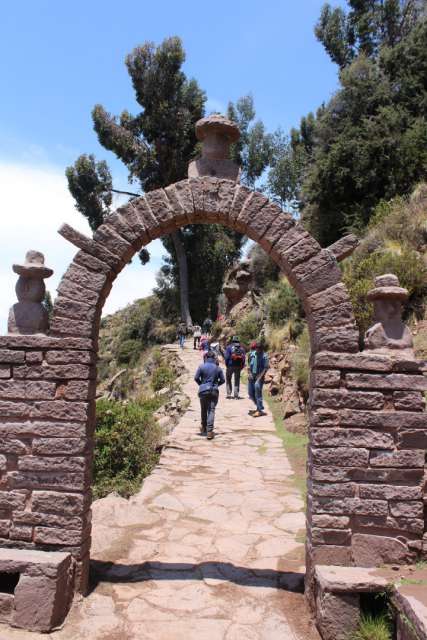
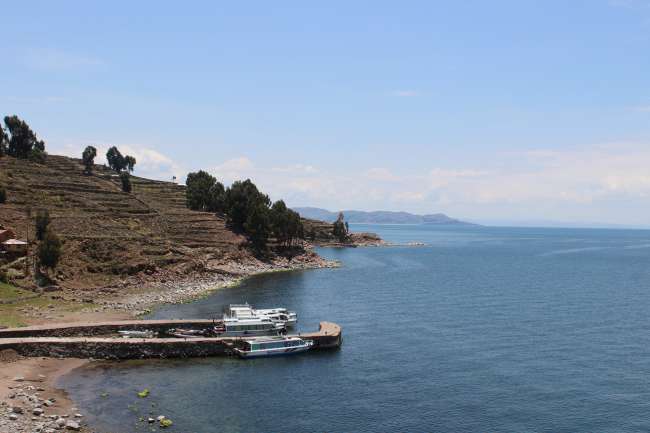
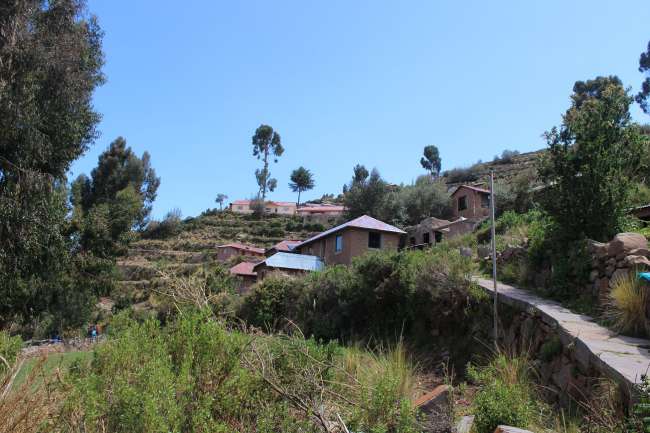
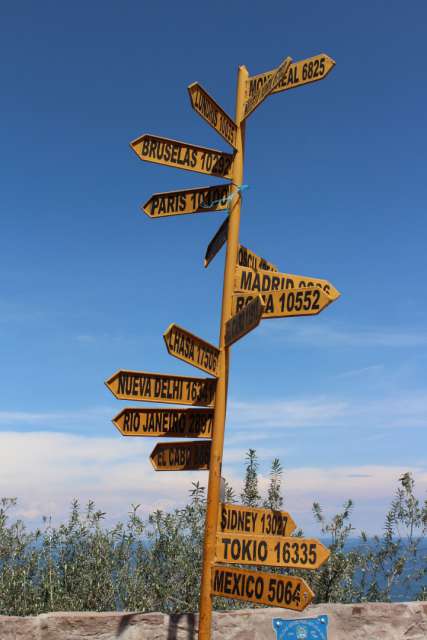
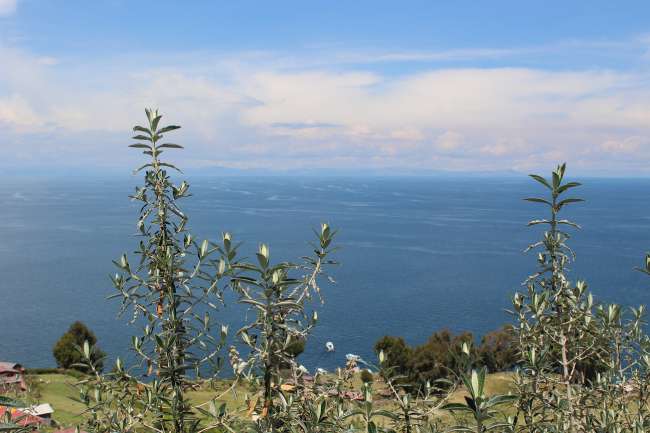
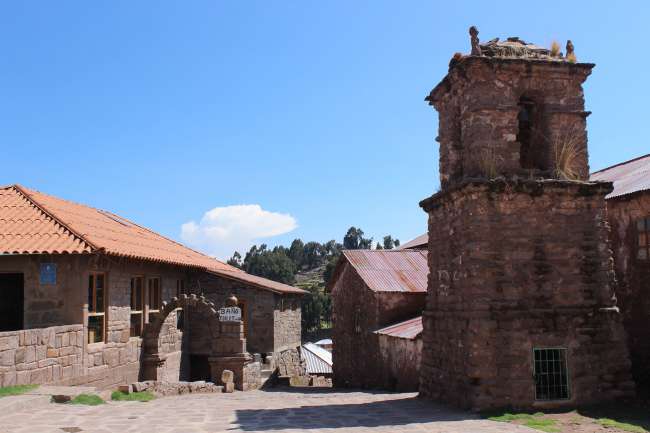
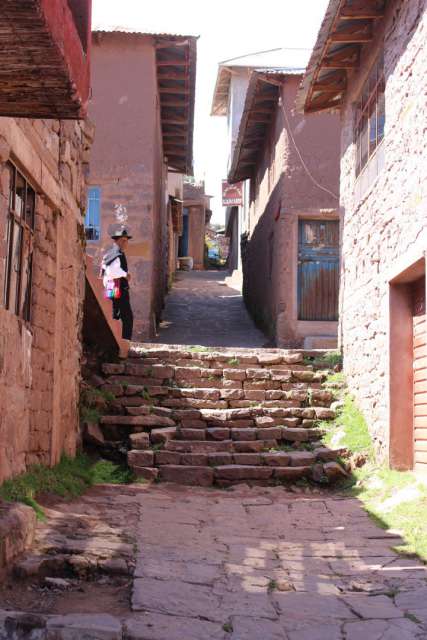
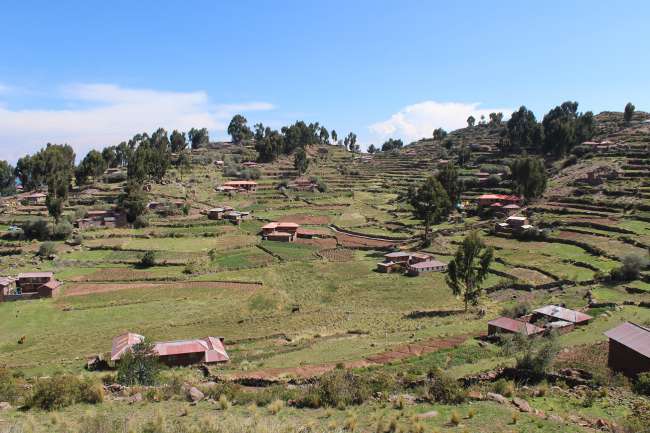
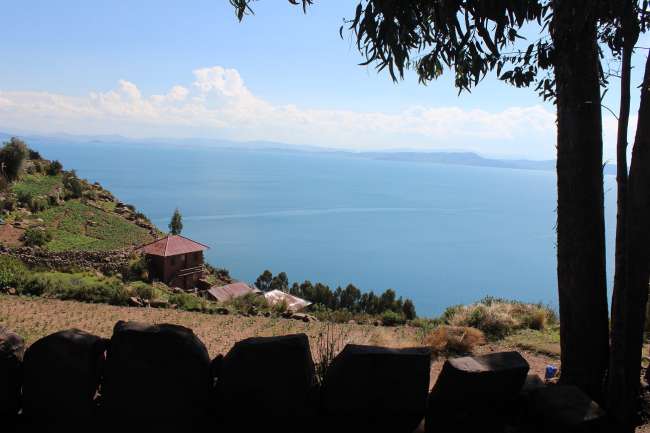
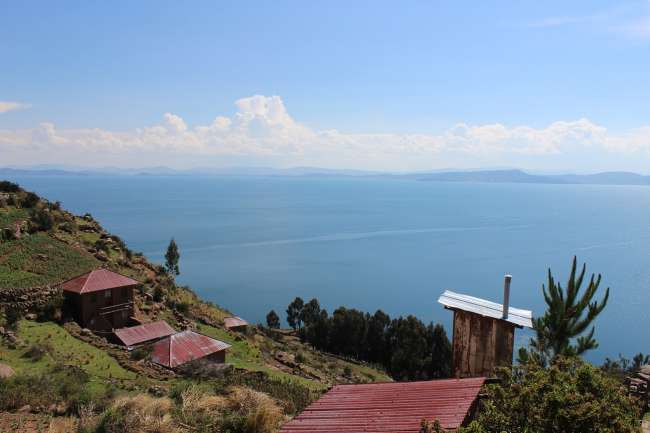
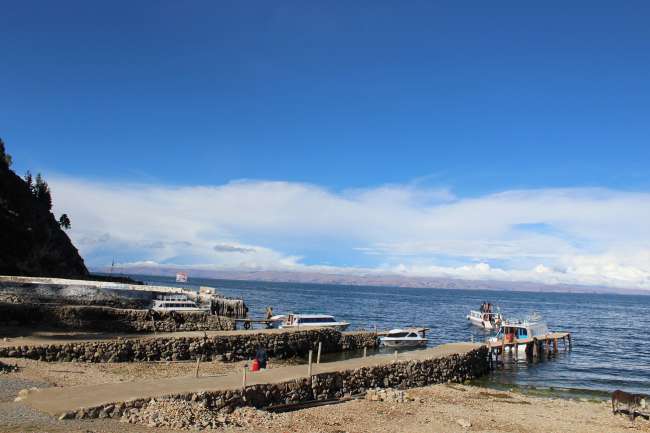
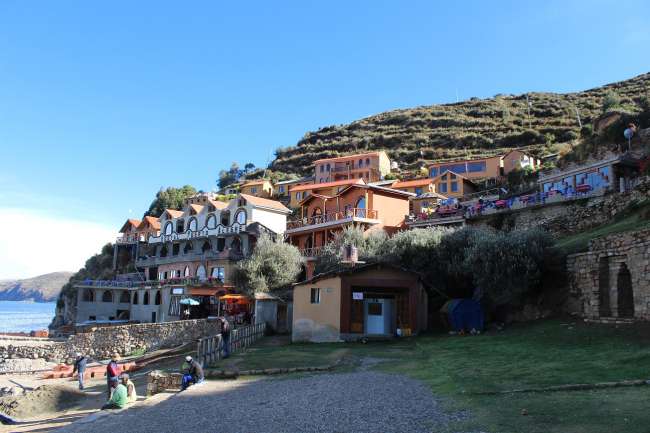
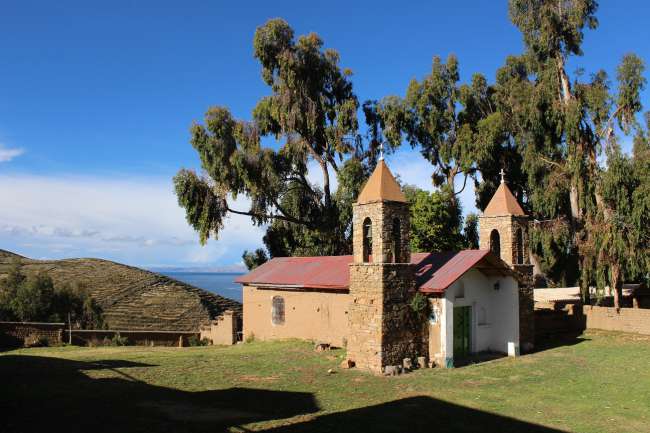
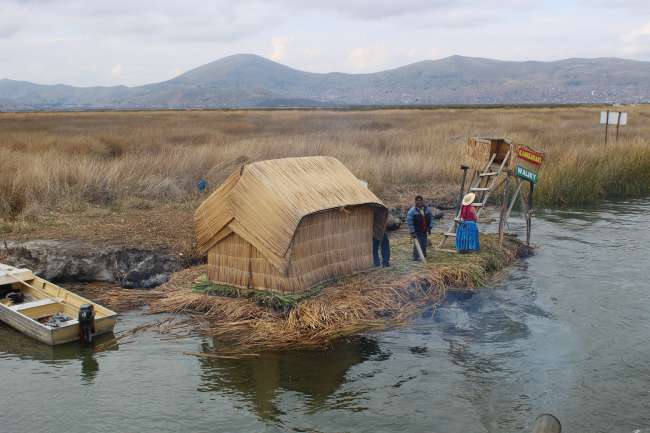
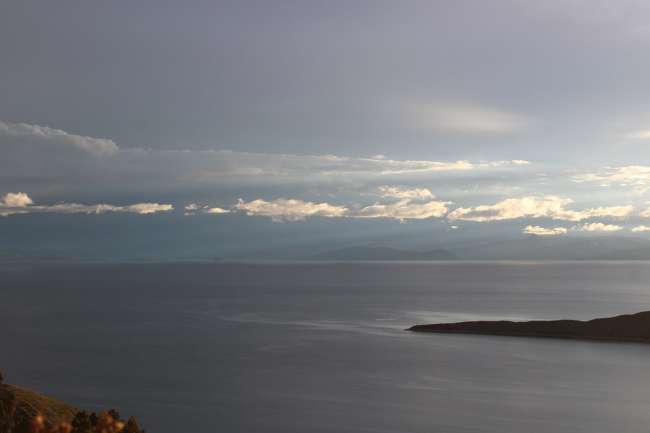
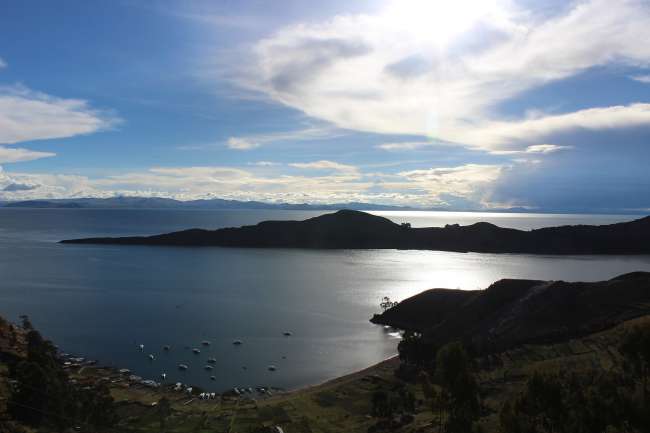
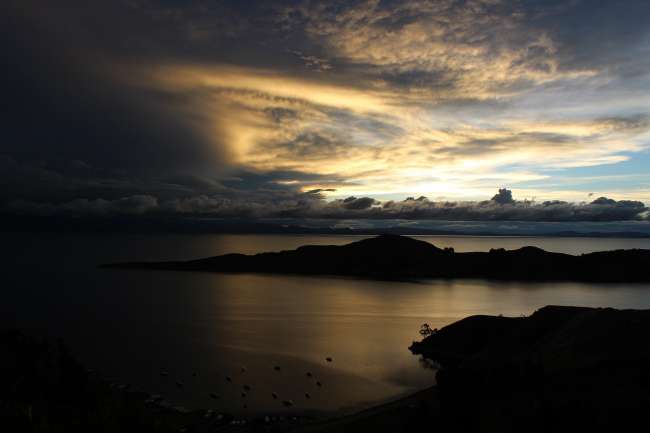
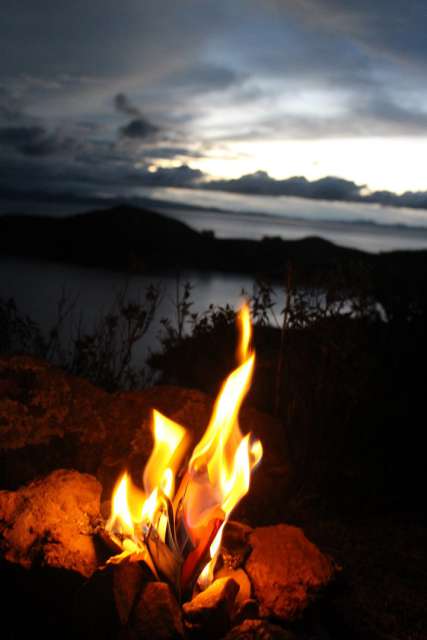
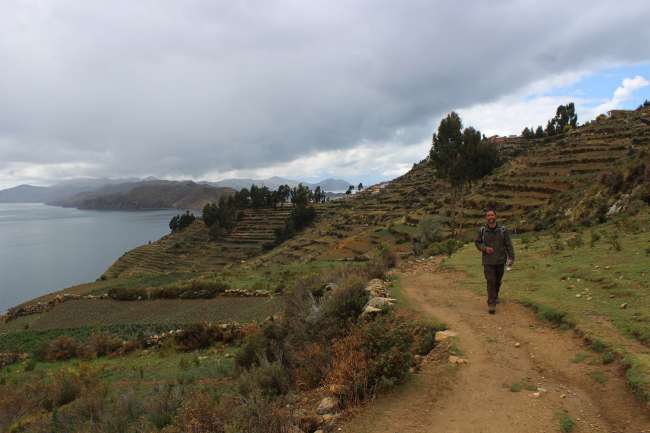
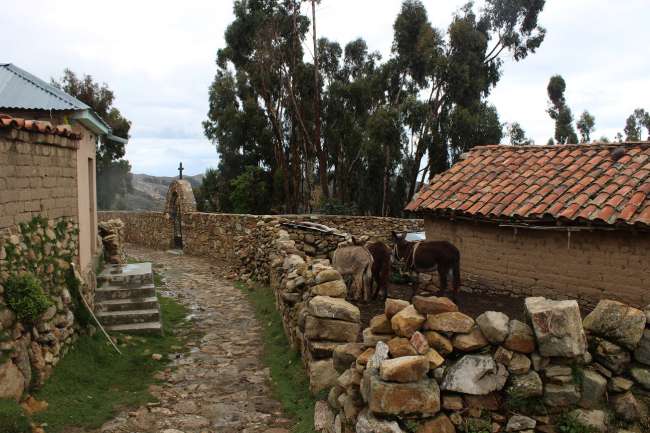
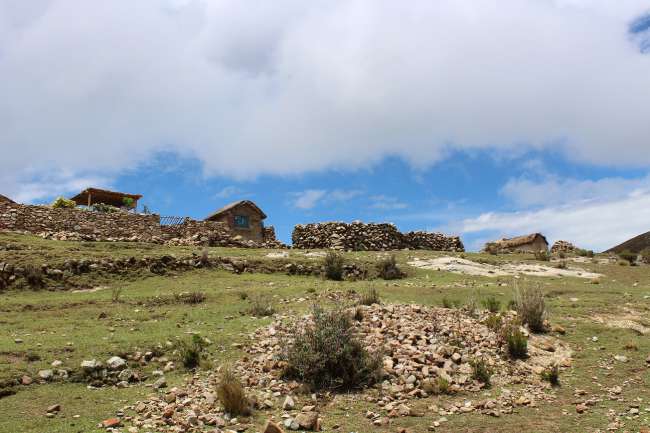
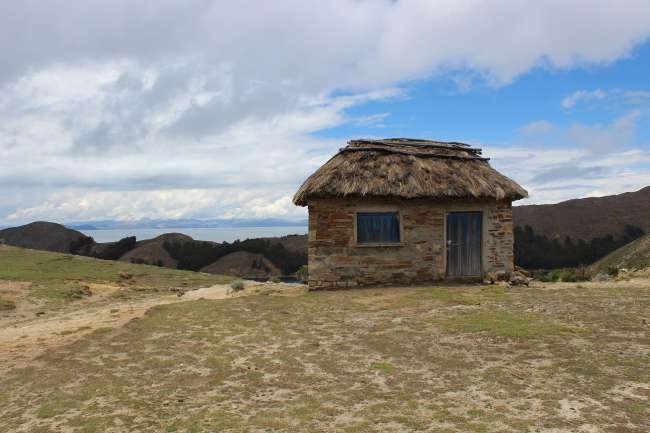
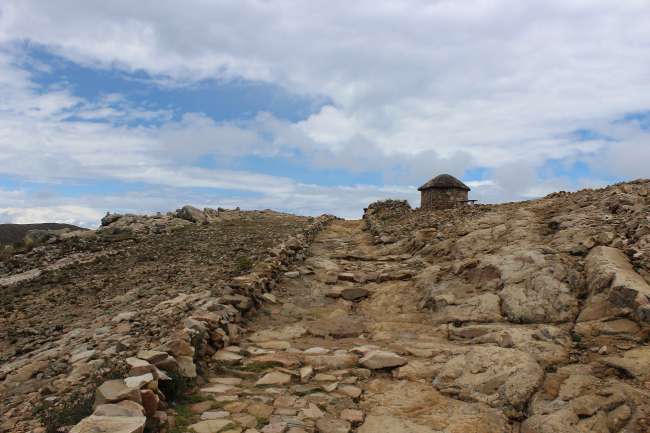
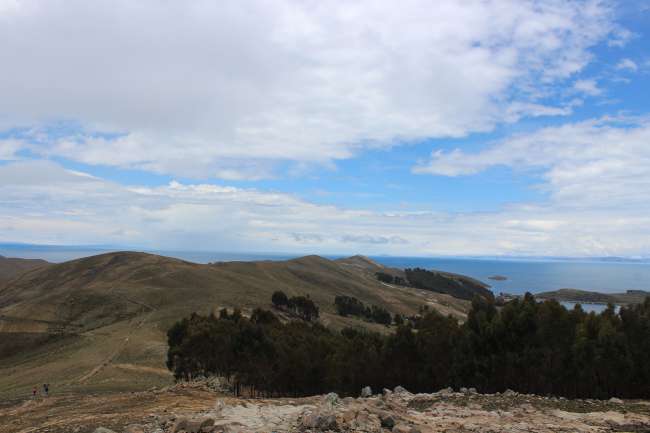
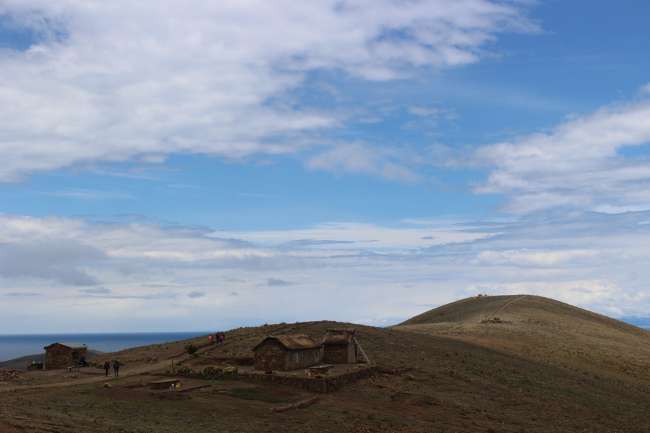
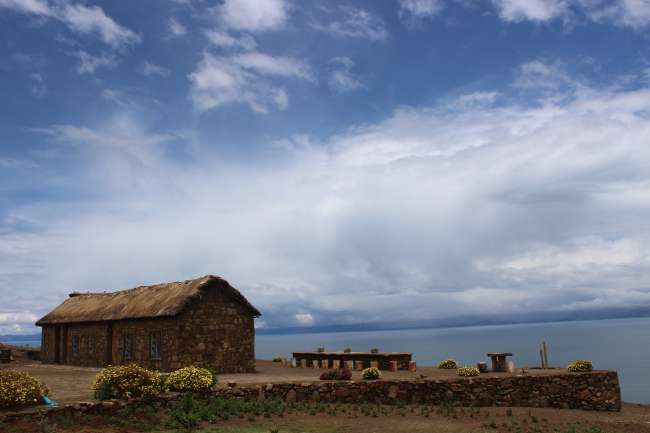
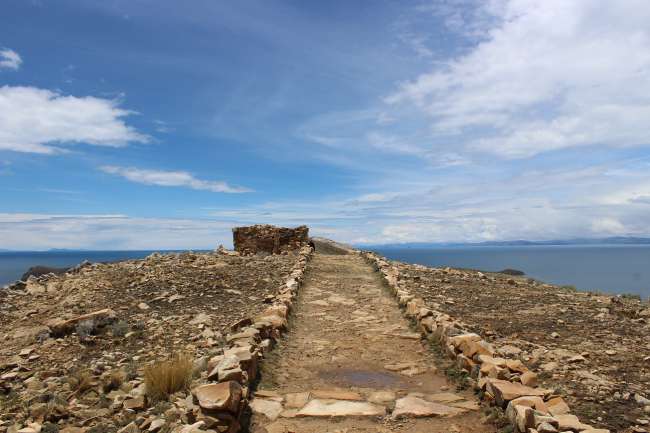
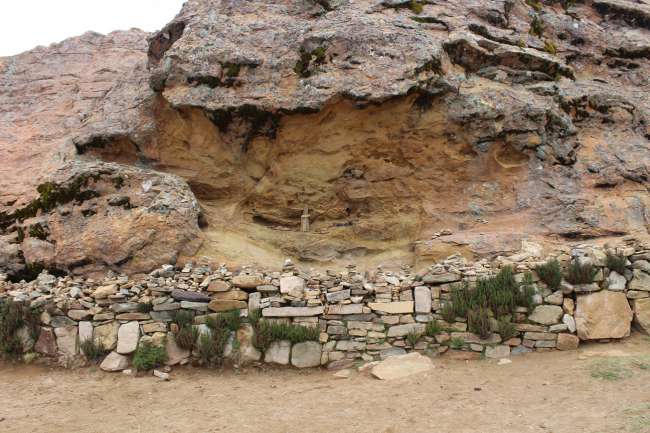
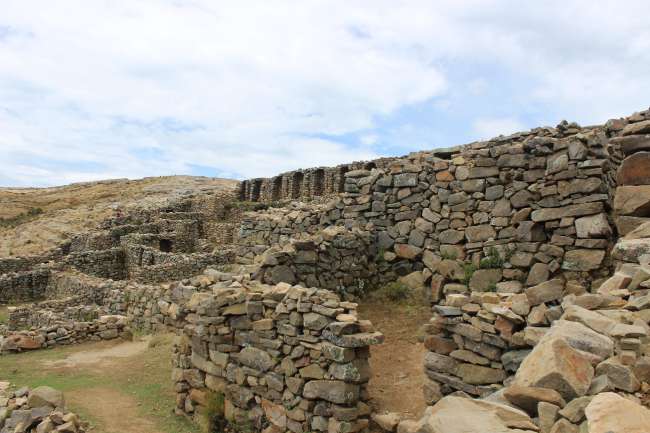
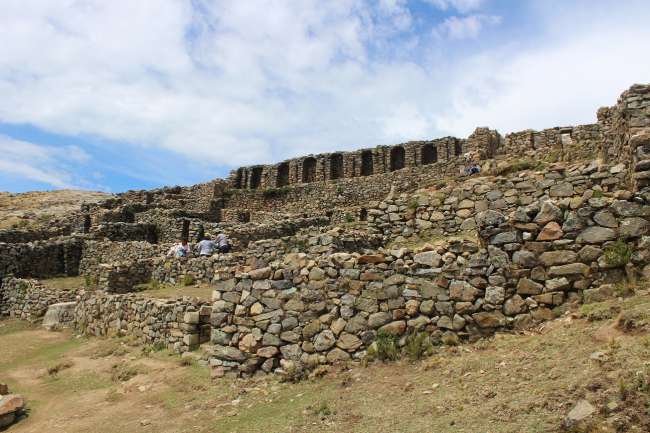
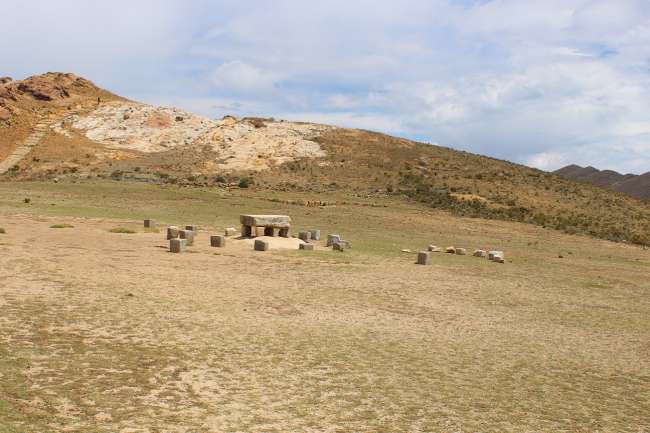
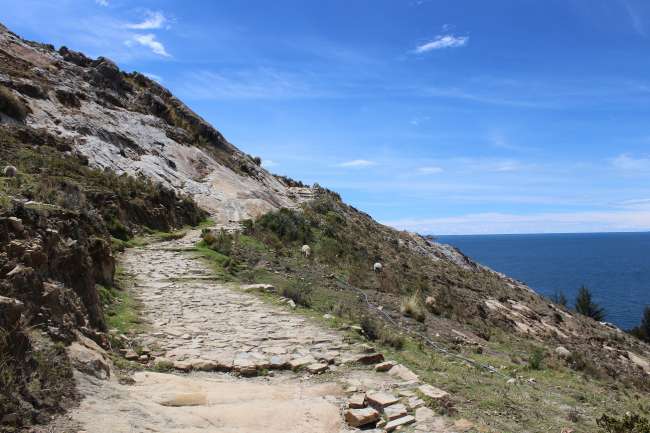
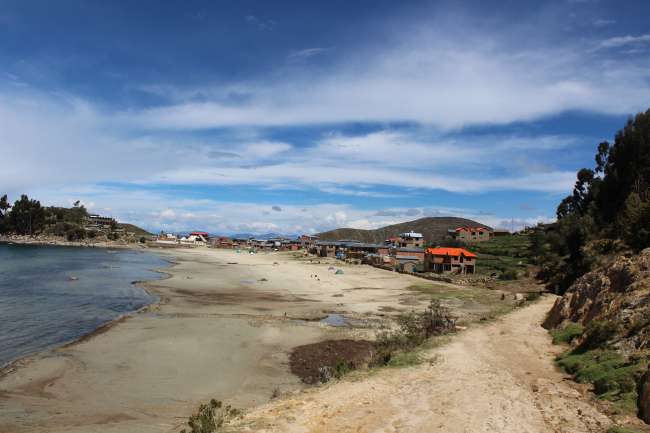
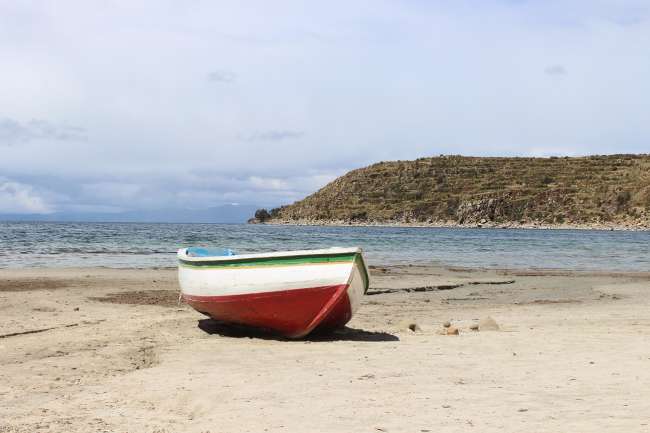
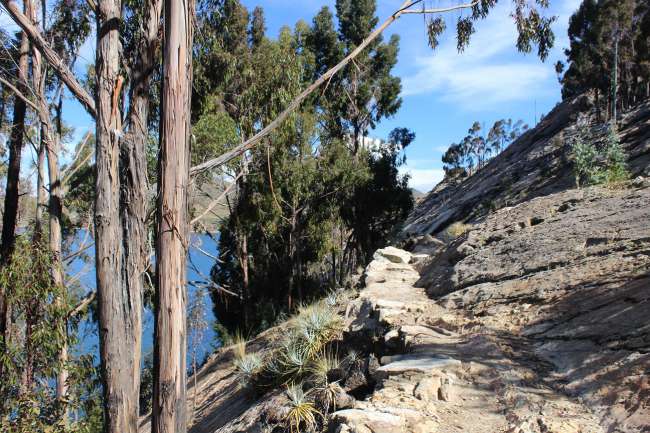
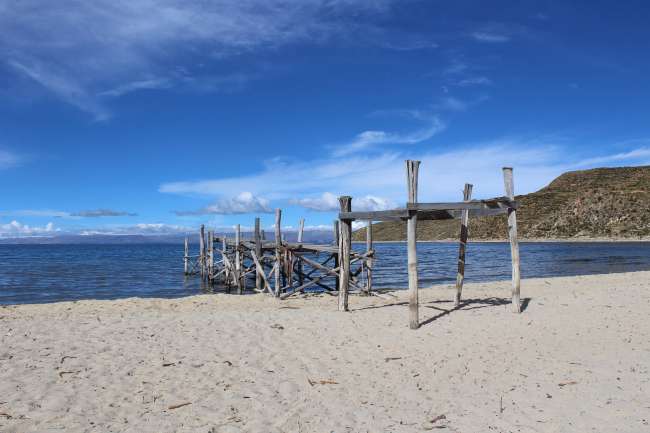
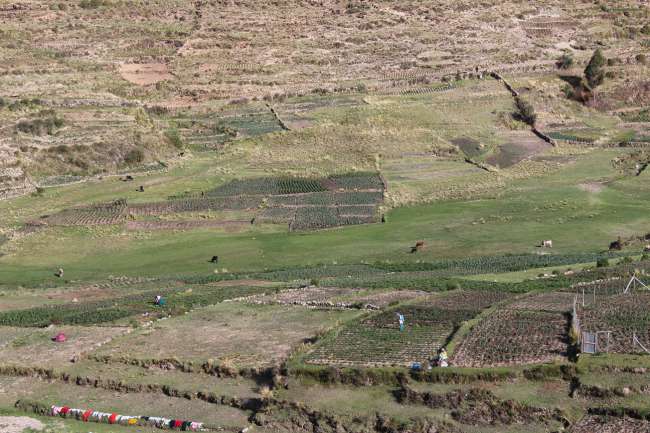
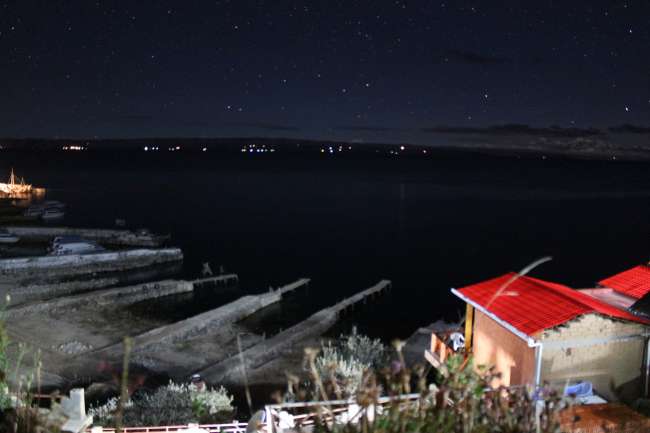
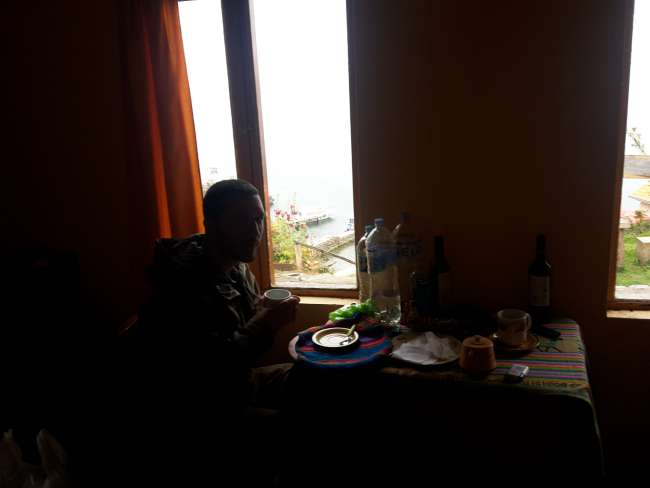
ન્યૂઝલેટર પર સબ્સ્ક્રાઇબ કરો
After leaving Cusco, we continued by bus to Puno, a city in the middle of Lake Titicaca. The city reminds me a bit of an Italian coastal town, but with typical Peruvian charm, meaning unfinished and unpainted houses. We checked into our hostel and planned a trip to the Floating Islands, also known as Uros, and additionally to Taquile Island for the next day. Since Marius was not feeling well, he decided to only visit the Floating Islands while I went on the day tour to the other island. The day started early and I was picked up by the bus at 6:45. We went to the port and boarded a boat. The boat took us on the lake for about 30-40 minutes through marshy waters before the famous Floating Islands appeared on the horizon. The Floating Islands are islands made of reeds where indigenous tribes live. There are many different islands and our boat finally docked at one of them. We were welcomed by the village chief and given a tour of the island. We were also explained the structure of the floating islands. The roots of the reeds are cut into cubes and then tied together. After tying them together, the surface is "insulated" with dried reeds over several layers. The huts and shelters are then built on the ground. After the tour, we were allowed to take a traditional boat to another floating island. Once there, we boarded our original boat again and headed out onto the lake. After a drive of about two and a half hours, we finally reached Taquile Island. The island is famous for its inhabitants who have perfected the craft of weaving. They also have their own style of clothing, which sets them apart from the rest of the indigenous people. Upon arriving on the island, we had to hike up a narrow path. After about 20 minutes, we reached our first milestone - lunch! We had fish from the lake, which tasted delicious. After lunch, we were given a demonstration of weaving and a natural soap made from a plant that grows on the island. Ariel can't compete with that! The difference is truly astonishing! After the demonstration, we continued to the town's market square, another thirty-minute walk through picturesque landscapes. We had a short break at the plaza before heading to the other end of the island. We wandered through the village and at the end, in beautiful sunshine, descended a steep, stepped path to the second port of the island. Our boat was waiting for us there as well. The island and the landscape reminded me of the Greek islands. The houses built into the mountains, the rocky landscapes. Simply wonderful to see and a little flashback to Greece! Once on the boat, we headed back to Puno, thus ending the tour.
After New Year's, we finally left Puno and continued to Copacabana in Bolivia with the goal of visiting Isla del Sol (Sun Island) for a few days. Isla del Sol is also located in the middle of Lake Titicaca and is one of the largest islands on the lake. We reached Copacabana after about 4 hours of travel and after another hour of travel, we finally reached the island. Once there, we checked into a small accommodation with a view of the harbor, and since the day was already advanced, we headed to the west side of the island to await the sunset. We found a super beautiful spot on one of the typical terraces of the island with a wonderful view of the lake. The sun really didn't want to set here. It didn't disappear until late after 9 pm, and we made our way back to our lodge in the dark. A successful day was coming to an end, and the anticipation of the next day was already building. The next day, we planned to hike from the south side of the island to the northern tip. The day started with a good breakfast in our hostel room since it was always raining in the morning and we couldn't have breakfast outside on the terrace. However, by 11 am, the rain clouds had disappeared, and we started our little day trip. We walked along narrow paths on the east side of the island towards the north. We were greeted by a picturesque environment with many fields and livestock, and we quickly realized that we were on the wrong path. A little confused but with the right instinct heading north, we made our way through fields, meadows, and dirt paths to finally find the right path to the north. We reached the first checkpoint, where they promised us another indigenous ruin city. Perfect, as it is located at the northern end of the island. We reached it after another one and a half hours of walking. We came across a sacred rock that people still worship today, as well as the ruins of a city a little further north from the rock. We took a little break there and enjoyed the view of the lake and the surrounding landscape. After the break, we started heading back since our little detour had cost us a considerable amount of time, and we wanted to make sure we were back at our spot for the sunset. The way back surprised us with diverse scenery, and we got to see and feel the beauty of this island once again, with picturesque harbor towns, wooded mountain passages, and hilly landscapes. We reached our spot in time and ended the evening with a bottle of Bolivian wine. At the sunset spot, we also met little Magdalena, a seven-year-old girl who sweetened the evening with fun games, including rock-paper-scissors. Exhausted from the day, we reached our lodge after sunset, and we went to bed early as we wanted to travel back to Copacabana the next morning and then further to La Paz, the seat of government of Bolivia, on the same day. Conclusion: A beautiful island that would also be perfect for a longer stay. We are definitely impressed by the beauty of Lake Titicaca and the island itself. A place that everyone should see at least once.
More adventures coming soon!
Your Marius and Max
ન્યૂઝલેટર પર સબ્સ્ક્રાઇબ કરો
જવાબ આપો
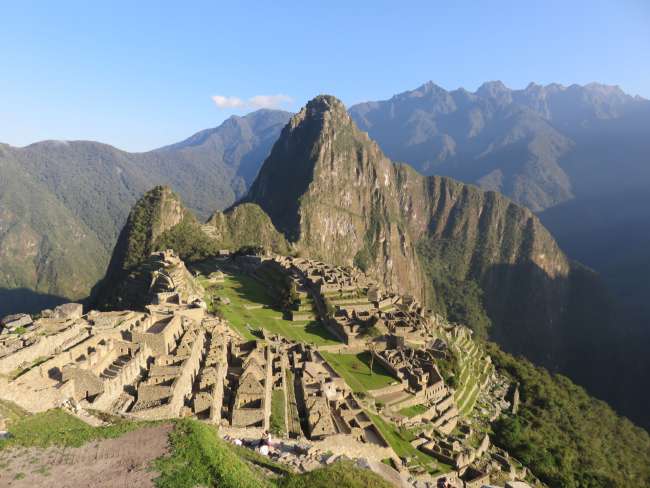
મુસાફરી અહેવાલો પેરુ
